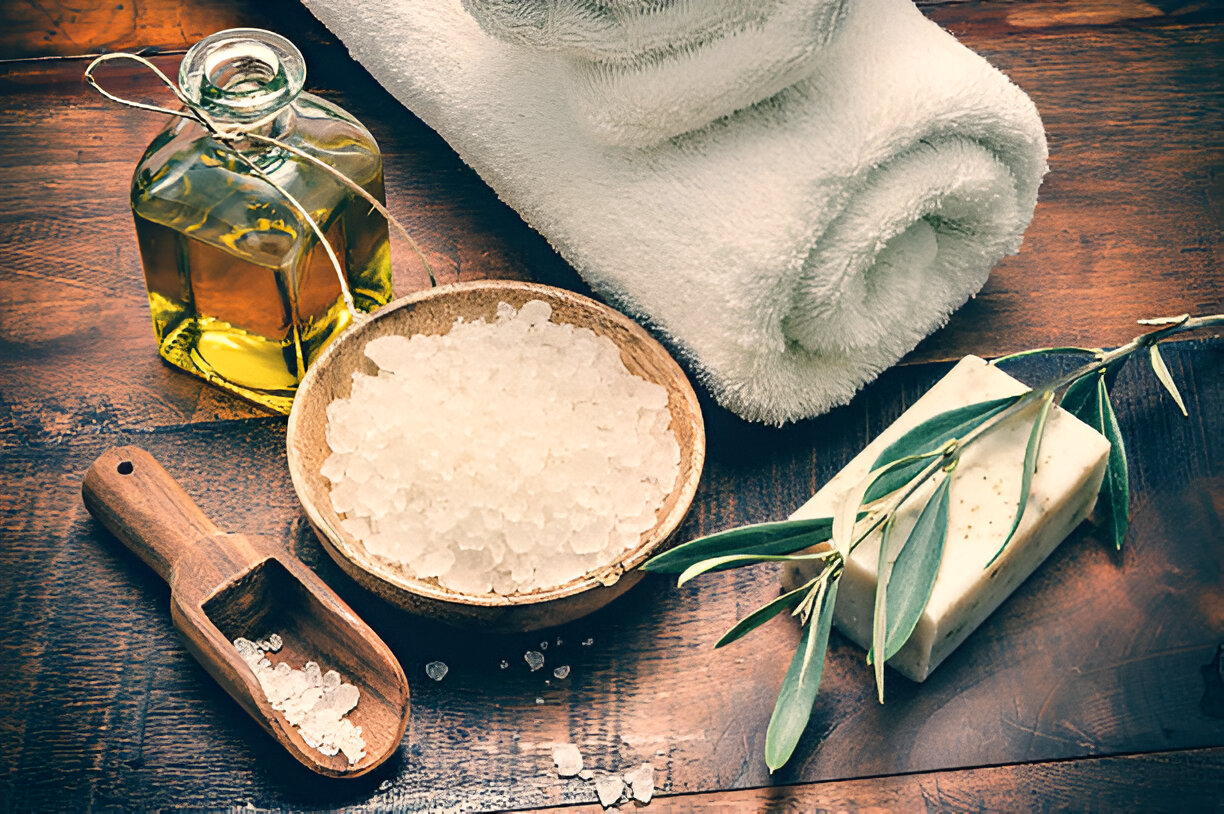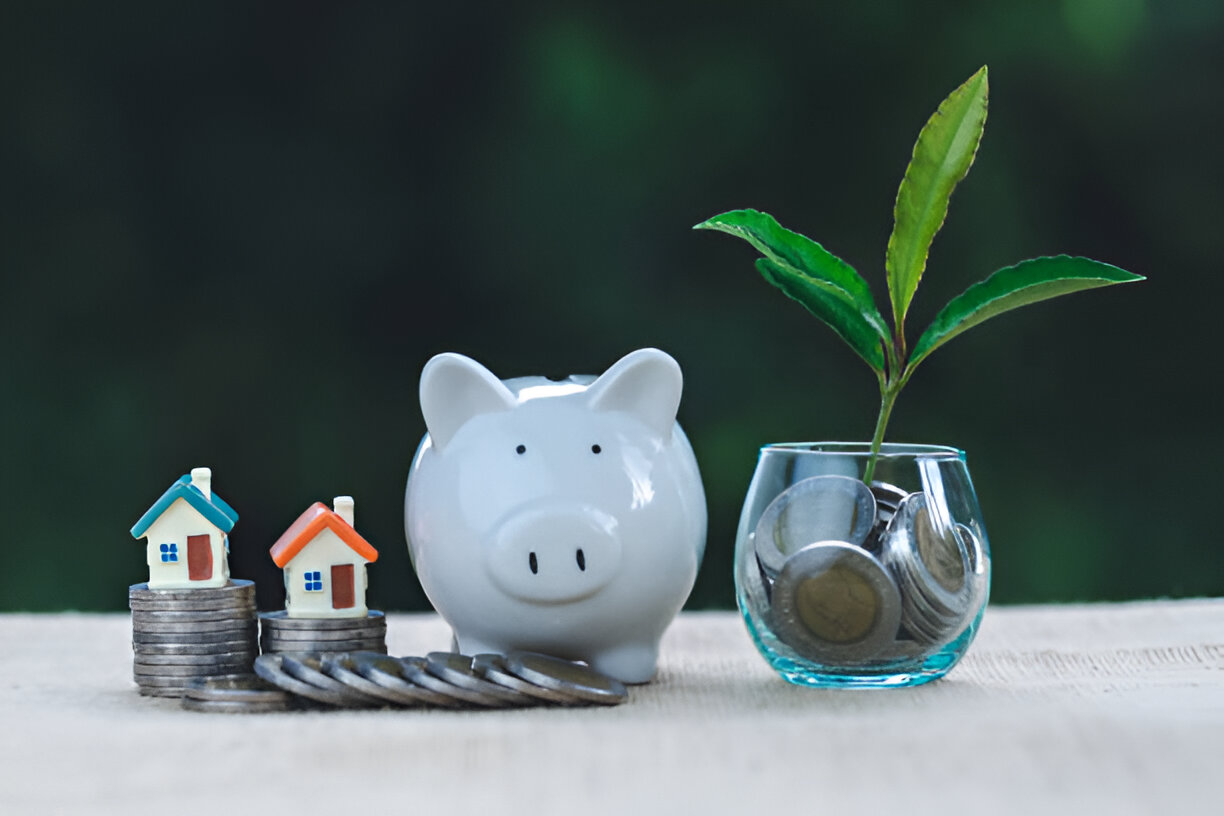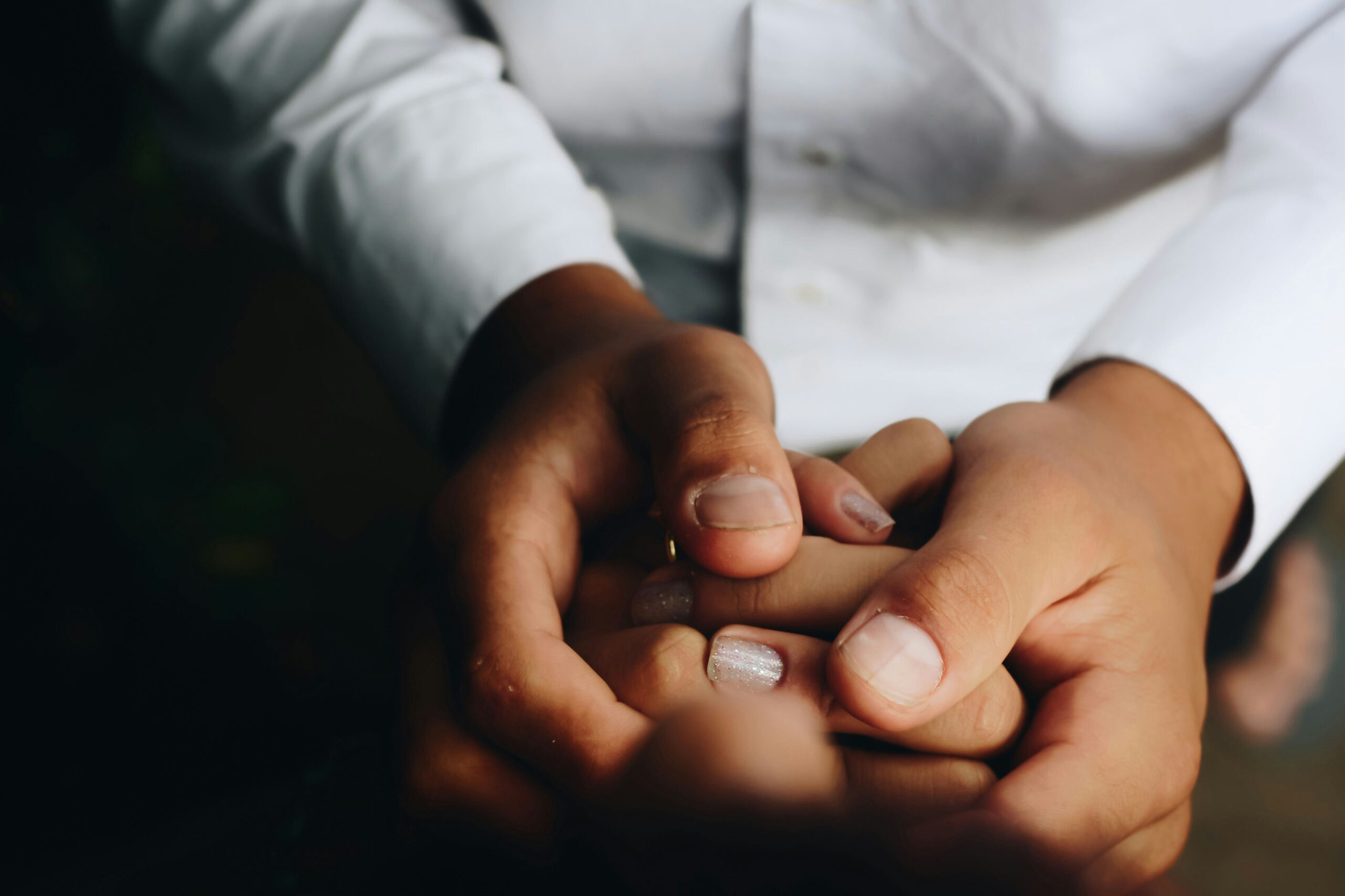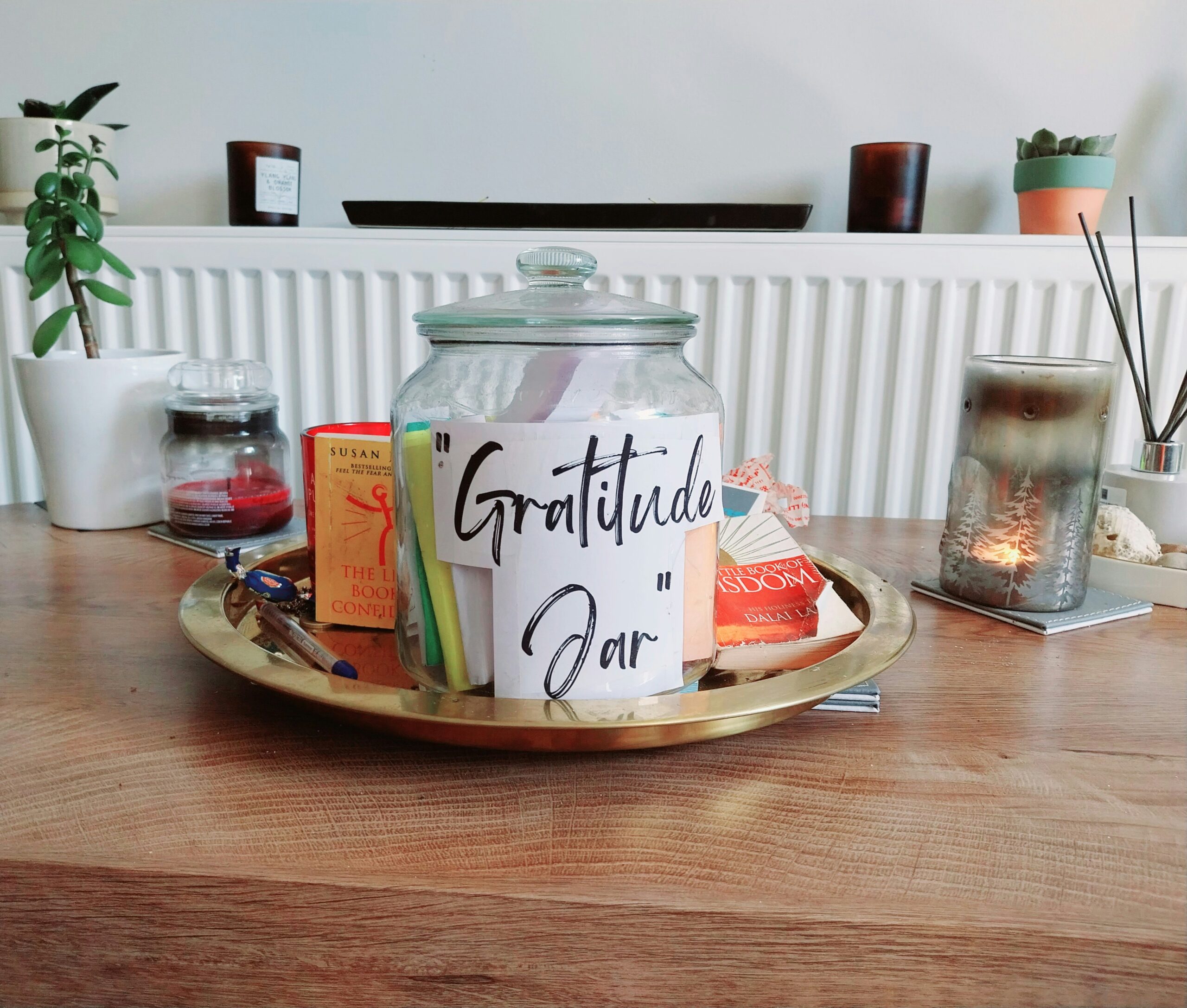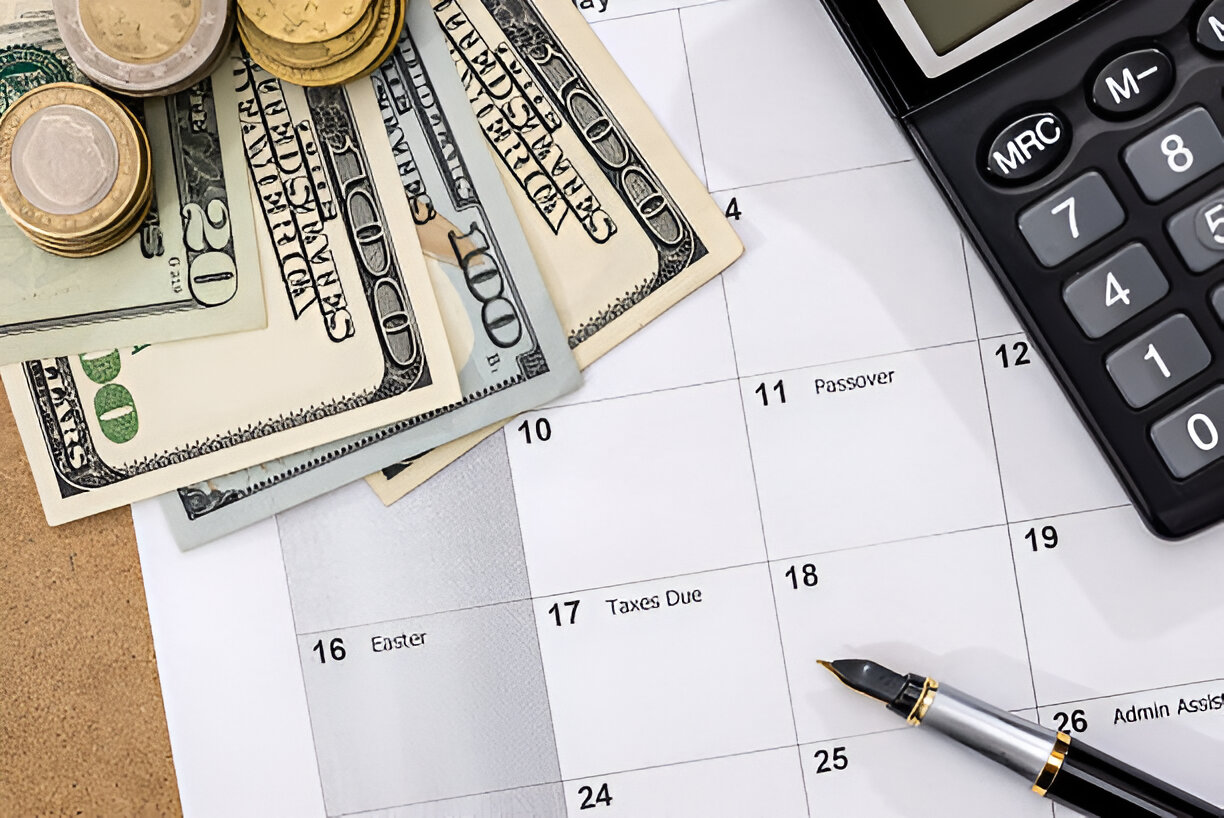

The reasons for giving vary as much as the people who do it. Compassion, duty, love, guilt -- all these motives prompt us to share our time, our money, and our energy. But new research has revealed a surprising fact about what we get in return, whether we're supporting disaster relief or giving Grandma a hand with the groceries. In what can only be considered a blissful karmic payoff, it's more often the giver -- not the receiver -- who reaps the biggest payback.
The take-away, say scientists, amounts to much more than a passing feel-good moment: It's literally your health that stands to gain. In one study of 2,000 people conducted at the Buck Institute for Age Research in Novato, California, those who volunteered for two or more organizations had a whopping 44 percent lower likelihood of dying compared with those who didn't -- and that's after adjusting for other factors such as health, exercise, and marital status. Volunteering even beat out exercising four times a week (30 percent) and going to religious services (29 percent) when it came to promoting longevity. Another study of 427 women found that those who did any kind of volunteering had better physical functioning 30 years later. Next to quitting smoking, giving is the best possible thing you could do for your health -- making virtue truly its own reward.
How does this work? The reasons behind the giver-receiver relationship are unclear, but as recent research published in Molecular Psychiatry suggests, "nurturing others may feel good because it is rewarded by spikes of dopamine" -- the neurotransmitter linked to cravings, pleasure, and reward. But it almost doesn't matter whether we have "helper's high" or some other factor to thank. "If you want a better life, better health, and the sense of being connected and hopeful in this world, the answer is to give," says bioethicist Stephen Post, Ph.D., coauthor of "Why Good Things Happen to Good People."
It all starts with small, consistent acts performed with consciousness and intention -- not quitting your job to join the Peace Corps (but go ahead if you're so inclined). As you'll discover in the following pages, altruism takes countless forms, even ones you'd never expect. Use these inspirations to start making generosity a part of every day, whether it's leaving a big tip or listening to a friend. You'll better align your actions with your values, get more spiritually grounded, and deepen your relationships with the people around you. Simply put, says Post, "Give a little every single day, and you'll live a happier, healthier, and longer life."
First Published: September 2007






